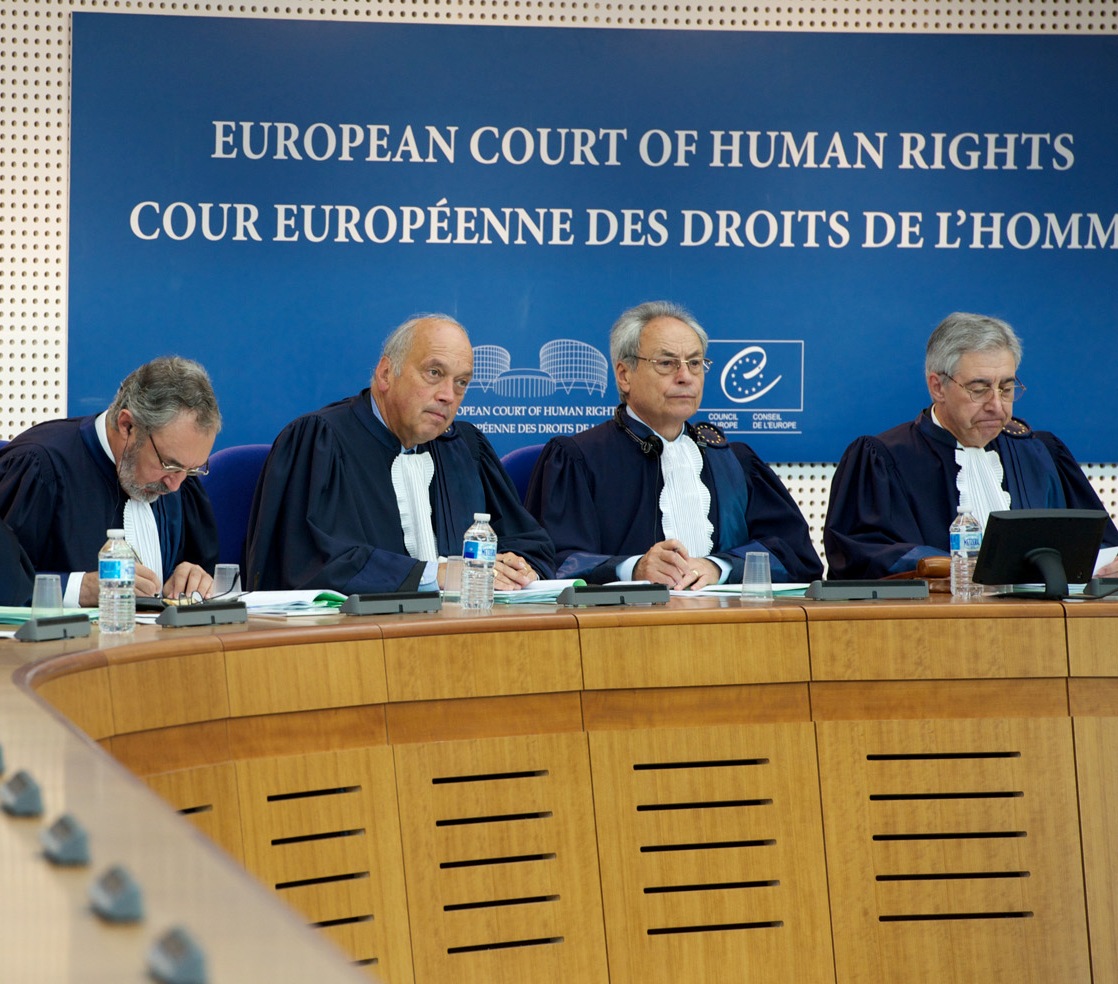Why the European Court of Human Rights needs reform

By Bloomberg
The quarrel in the U.K. over the European Convention on Human Rights must puzzle Americans. Britain's government has just announced plans to remove the power of the European Court of Human Rights, which enforces the convention, to say what's lawful in the U.K. If these plans go through, the country's own parliament and supreme court would once again be, you know, supreme. Critics of this change say it would make Britain a pariah state, roughly on a par with Belarus.
At which most Americans might think, "You mean, as things stand, Britain's Parliament and courts aren't supreme? That's weird."
The U.K. played a big part in getting the convention first drafted and adopted. It came into force in 1953, with the aim of entrenching certain universal human rights across post-war Europe. As a benchmark for civil liberties, with a tribunal to make pronouncements when big principles were at stake, it had plenty to commend it. Seen that way, the convention still does; the problem is the Strasbourg court.
The relationship between the two was transformed in 1998, when the right of individual petition became compulsory for all signatory nations (47 at the last count). This produced a flood of applications to the court (and an enduring gigantic backlog of cases). The court began accepting the invitation to get involved in all manner of minute policy questions -- much as the U.S. Supreme Court is engaged in oversight of U.S. policy making.
The court has ruled that Britain can't deny prisoners the right to vote; it has challenged Parliament and the British courts on rules of evidence in criminal cases; it has deemed whole-life prison terms unacceptable; it has opined on rules concerning night-time landings at Heathrow airport (on the grounds that these impinge on the rights of local residents to privacy and family life). The human rights adumbrated in the convention, expansively interpreted, touch on countless aspects of policy. The right of individual petition lays open a limitless field of judicial intervention.
On the merits of these and other cases, maybe the European Court of Human Rights was correct. That isn't the point. The question is whether British voters, politicians and courts are capable of deciding such matters for themselves, or should instead defer to the higher authority of an international court conceived for a different purpose and with less-than-impeccable constitutional foundations. As the British judge Lord Hoffman put it in 2009, an international court such as Strasbourg should be cautious about extending its reach:
The court now has 47 judges, one for each member state of the Council of Europe. One country, one judge; so that Liechtenstein, San Marino, Monaco and Andorra, which have a combined population slightly less than that of the London Borough of Islington, have four judges and Russia, with a population of 140 million, has one judge. The judges are elected by a sub-Committee of the Council of Europe's Parliamentary Assembly, which consists of 18 members chaired by a Latvian politician, on which the U.K. representatives are a Labour politician with a trade union background and no legal qualifications and a Conservative politician who was called to the Bar in 1972 but so far as I know has never practised. They choose from lists of 3 drawn by the governments of the 47 members in a manner which is totally opaque. It is therefore hardly surprising that to the people of the United Kingdom, this judicial body does not enjoy the constitutional legitimacy which the people of the United States accord to their Supreme Court.
If the U.K. disempowers the court or withdraws from the convention altogether, it might give others cover to do the same, and that would be a pity. For instance, Russia's a signatory, unlikely as that might seem, and the subject of many complaints to the court. Though the oversight hasn't made Russia's government conspicuously respectful of human rights, the added pressure probably isn't worthless. This should be weighed, but the U.K. and other countries with strong protections of civil liberties are still entitled to ask, is this system good for our own democracies?
Although the fuss over the European Court of Human Rights is only indirectly connected to the debate about the U.K.'s future in the European Union, the two issues have features in common. In both cases, most opponents of the status quo are animated by xenophobia, exaggerate the problem, and tend to the hysterical. Defenders of the status quo typically deny the existence of any problem, call desirable reforms of a plainly broken system unthinkable, and radiate just enough smug superiority to drive the other side nuts.
Just as the EU needs repairs, the European Court of Human Rights needs repairs, but both institutions seem to lack all capacity to mend themselves. That's why needlessly radical cures -- leave the EU, withdraw from the convention -- start to become popular. Acknowledging the need for reform is the best way to preserve what's valuable in both systems. You wouldn't think that was too much to ask, but apparently it is.
Here we are to serve you with news right now. It does not cost much, but worth your attention.
Choose to support open, independent, quality journalism and subscribe on a monthly basis.
By subscribing to our online newspaper, you can have full digital access to all news, analysis, and much more.
You can also follow AzerNEWS on Twitter @AzerNewsAz or Facebook @AzerNewsNewspaper
Thank you!
